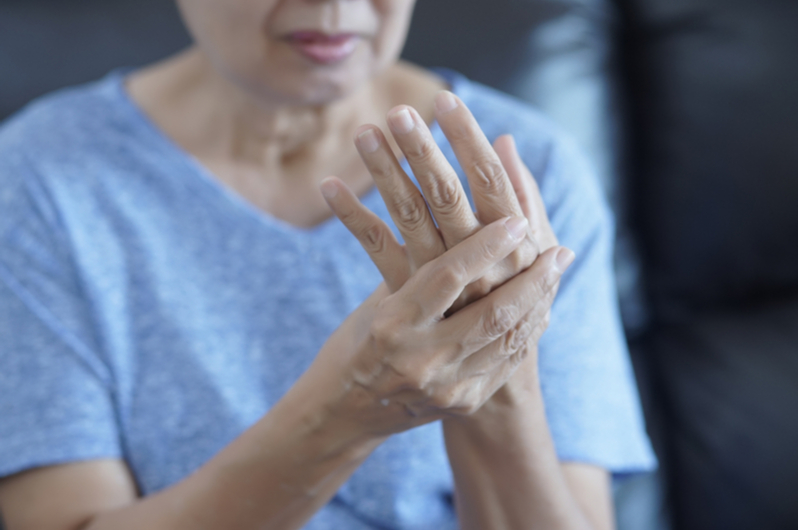Rheumatoid arthritis is a chronic condition that causes inflammation, redness, and pain in the joints. It is an autoimmune disease that causes the body to overreact against itself. Although there is no official cure, there are plenty of remedies that can help protect you against harsh symptoms.
The immune system is meant to protect the body from diseases, but for some reason certain factors such as infections can cause the opposite reaction. The immune system begins to attack itself and can even have a devastating effect on other organs. This disease is sometimes difficult to diagnose. If the healthcare provider suspects rheumatoid arthritis, the first step is to perform a physical exam and review the patient’s medical history. Based on the exam results and other testing, the physician may recommend that the patient see a rheumatologist.

Diagnostic Tests
Several different types of tests are required to confirm a diagnosis of rheumatoid arthritis. In addition to the physical exam, the doctor will order blood tests to confirm the presence or absence of antibodies and check for elevated levels of reactants that accompany inflammatory conditions. Several other tests may be indicated.
- Rheumatoid factor test checks the blood for a protein known as the rheumatoid factor.
- Antinuclear antibody test determines if the immune system is producing antibodies.
- C-reactive protein test checks for an infection in the body that triggers the body to make this protein. If high levels are present, the diagnosis points to rheumatoid arthritis.
- Imagine tests such as MRI may be ordered.
Causes and Symptoms of Rheumatoid Arthritis
There is no one cause for the onset of this disease, it is believed that a compromised immunity system, genetics, or hormones could play a major role in it development. This disease causes symptoms of inflammation and pain in the joints in all people who suffer from it. Seniors are especially prone to experience joint pain, swelling, stiffness, and deformities and loss of function in the joints. Each person reacts differently, but fatigue is common in many seniors.
Treatments
There is no cure for anyone afflicted with rheumatoid arthritis, but the symptoms can be managed. There are some treatments, exercises, home remedies, and lifestyle changes that can help them live an active productive life. Several over-the-counter medications can help with pain management and inflammation reduction. Acetaminophen, nonsteroidal anti-inflammatory medications, and corticosteroids help reduce inflammation and help control pain. There are other beneficial treatments.
- Splints and braces help control pain by holding joints in place. They also help by reducing inflammation.
- Ice packs and heating pads used alternately help with pain relief.
Diet and Exercise
Arthritis sufferers benefit from following an anti-inflammatory diet that includes foods rich in omega-3 fatty acids. Salmon, tuna, flax seeds, walnuts should be consumed every day. Antioxidants such as berries, pecans, spinach, and dark chocolate help reduce inflammation. Seniors with rheumatoid arthritis need flexibility exercise to prevent their joints from stiffening. Exercise helps prevent pain and reduces inflammation. Doctors recommend tai chi and yoga because they combine deep breathing with the stretching. Walking and biking should be part of a comprehensive treatment plan to improve strength and mobility.